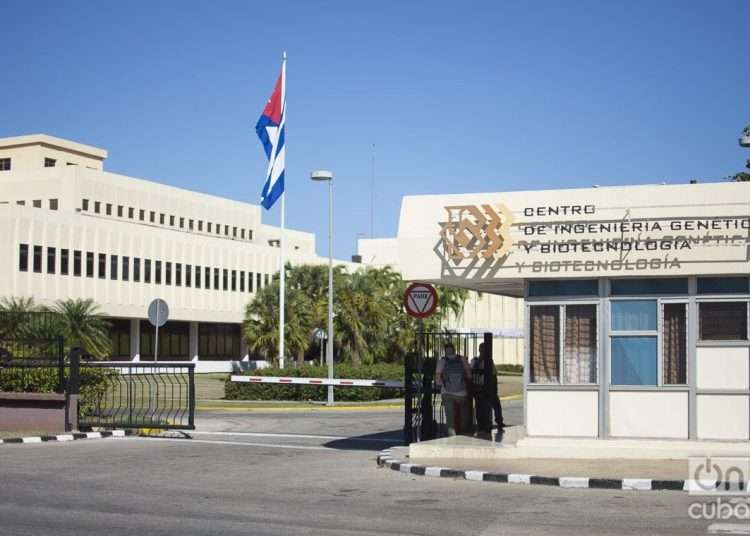The dengue vaccine candidate Cuba is developing has a safe technological platform, the Center for Genetic Engineering and Biotechnology (CIGB) reported this Tuesday.
The scientific institution assured on its Twitter account that the possible drug “is based on recombinant proteins: a very safe technological platform,” according to a dispatch from Prensa Latina (PL) news agency.
El candidato vacunal contra dengue que estamos desarrollando en el @CIGBCuba está basado en proteínas recombinantes: una plataforma tecnológica muy segura. Tenemos un candidato tetravalente, basado en proteínas de los 4 virus del dengue, que estamos evaluando en este momento. pic.twitter.com/c3wG7OSZ1Q
— CIGBCuba (@CIGBCuba) March 21, 2023
The message specifies that the center’s experts have a tetravalent candidate, based on proteins from the four dengue viruses, which is currently in the “evaluation phase,” although the institution did not advance a possible date for the conclusion of the studies.
If the level of dengue virus infection (viral load) is lowered, severity is avoided; even the symptoms, adds the publication.
The CIGB commented on the social network that this is precisely the objective of the drug they are developing so that the disease is subclinical or with mild symptoms, the report added.
Obtaining the vaccine is a complex process. Dengue has four serotypes and it is necessary to immunize against each of them at the same time for the product to be effective.
PL recalls that in the course of 2023, a new rapid diagnosis system for dengue should be available, in which specialists from the Immunoassay Center are working.
In statements to Granma newspaper quoted by the outlet, Eduardo Martínez, president of the Biotechnological and Pharmaceutical Industries Business Group, argued that this system would allow determining, upon the appearance of the first symptoms, whether it is dengue or a second infection.
This will serve to apply a differentiated treatment to patients, and avoid the worsening of the disease and death, Martínez added then.
Dengue is transmitted through the bite of an infected Aedes aegypti mosquito and causes symptoms that can be mild or severe. They range from headaches, muscle and joint pain, and erythema fever, according to medical literature.
In the world, 2.5 billion people live at risk of getting dengue and it is precisely the summer and autumn months in which, due to the rains and the increase in temperatures, the mosquito infestation skyrockets, and this increases the possibility of transmission of the disease.
Cuba, due to its status as a tropical country, is prone to spikes in the incidence of this disease, which in its most serious cases can cause death.
The situation became extremely complex during the most recent transmission peak, also marked by the deep economic crisis in the country, which makes it difficult to acquire supplies and carry out the necessary actions to mitigate the risks and treat the sick.
In July 2022, the Ministry of Public Health (MINSAP) reported that Cuba had broken the record for the number of reproduction points of the dengue-transmitting mosquito for the second year in 15 years, while in September the head of that ministry confirmed the transmission of the virus in the 15 provinces while warning about the high infestation rates of the transmitting agent.










